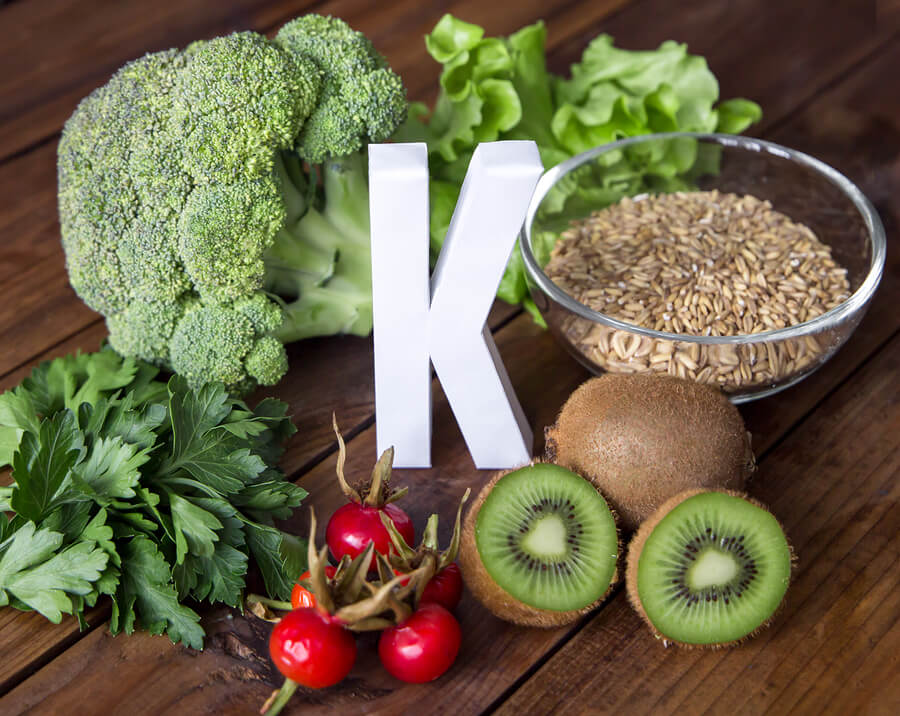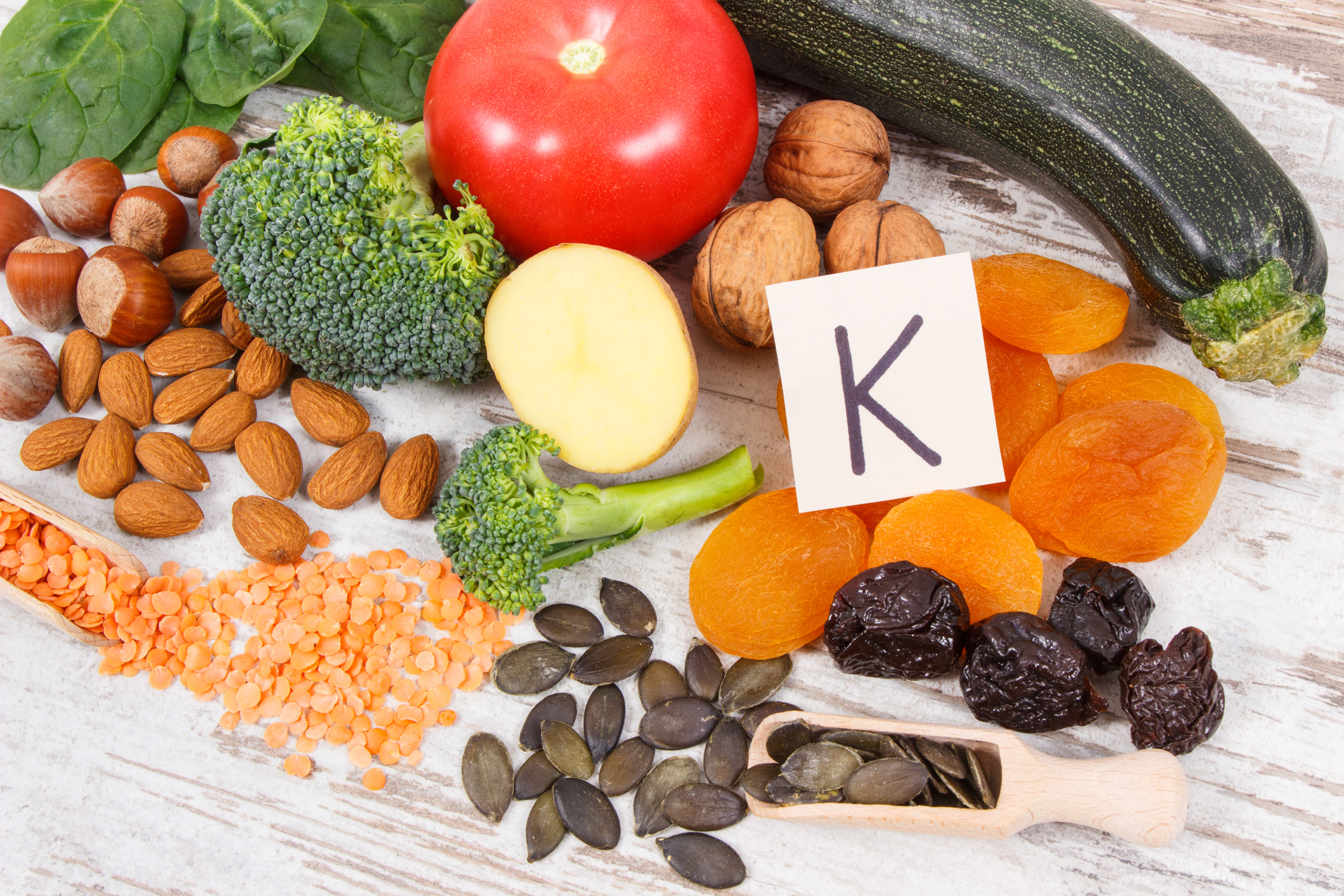Vitamin K: The Essential Nutrient for Blood Clotting and Bone Health

What is Vitamin K?
Vitamin K is a group of fat-soluble vitamins that are important for blood clotting and bone health. There are two main types of vitamin K: K1 (phylloquinone) and K2 (menaquinone). K1 is found in green leafy vegetables, while K2 is found in fermented foods and animal products.
The Benefits of Vitamin K
Vitamin K is essential for blood clotting, which helps to prevent excessive bleeding. It also plays a role in bone health by helping to build and maintain strong bones. Some studies suggest that vitamin K may also have benefits for heart health and brain function.
Blood Clotting
Vitamin K is essential for the production of clotting factors, which help to stop bleeding when we get injured. Without enough vitamin K, our blood would not be able to clot properly, which could lead to excessive bleeding and even death in severe cases.
Bone Health
Vitamin K helps to activate proteins that are involved in bone mineralization, which helps to build and maintain strong bones. Some studies suggest that vitamin K may also help to reduce the risk of fractures in older adults.
Heart Health and Brain Function
Some studies suggest that vitamin K may have benefits for heart health by reducing the risk of arterial calcification (hardening of the arteries) and lowering blood pressure. It may also have benefits for brain function by protecting against oxidative stress and inflammation.
Sources of Vitamin K
Vitamin K is found in many foods, including:
- Green leafy vegetables, such as spinach, kale, and broccoli
- Vegetable oils, such as soybean, canola, and olive oil
- Fermented foods, such as natto (a type of Japanese fermented soybean), kefir, and sauerkraut
- Animal products, such as eggs, cheese, and meat
Vitamin K can also be found in supplements, either alone or in combination with other vitamins and minerals. It is important to talk to your healthcare provider before taking any supplements, as they may interact with medications or have potential side effects.
Potential Risks of Vitamin K
Vitamin K is generally considered safe when taken in recommended amounts. However, excessive intake of vitamin K can lead to potential risks, including:
- Interference with anticoagulant medications, such as warfarin
- Increased risk of bleeding in people with certain medical conditions, such as liver disease
- Low blood sugar in people with diabetes who take vitamin K supplements
It is important to talk to your healthcare provider before taking any supplements, especially if you have underlying medical conditions or are taking medications.
FAQ
1. How much vitamin K do I need?
The recommended daily intake of vitamin K varies depending on age, sex, and other factors. In general, adults need about 90-120 micrograms per day. Talk to your healthcare provider to determine the right amount for you.
2. Can I get enough vitamin K from my diet?
Yes, most people can get enough vitamin K from their diet. However, some people may need to take supplements if they have underlying medical conditions or are at risk for deficiency.
3. Are there any side effects of taking vitamin K?
When taken in recommended amounts, vitamin K is generally considered safe. However, excessive intake of vitamin K can lead to potential risks, including interference with anticoagulant medications and increased risk of bleeding in some people.
4. Can vitamin K prevent osteoporosis?
Some studies suggest that vitamin K may help to reduce the risk of fractures in older adults. However, more research is needed to determine whether it can prevent osteoporosis.
Conclusion
Vitamin K is an essential nutrient that plays a vital role in blood clotting and bone health. It can be found in many foods and supplements, and is generally considered safe when taken in recommended amounts. However, excessive intake of vitamin K can lead to potential risks. Talk to your healthcare provider to determine the right amount for you.

Remember, a balanced and varied diet is the best way to ensure that you are getting all of the nutrients your body needs. If you have any questions or concerns about your vitamin K intake, talk to your healthcare provider.
